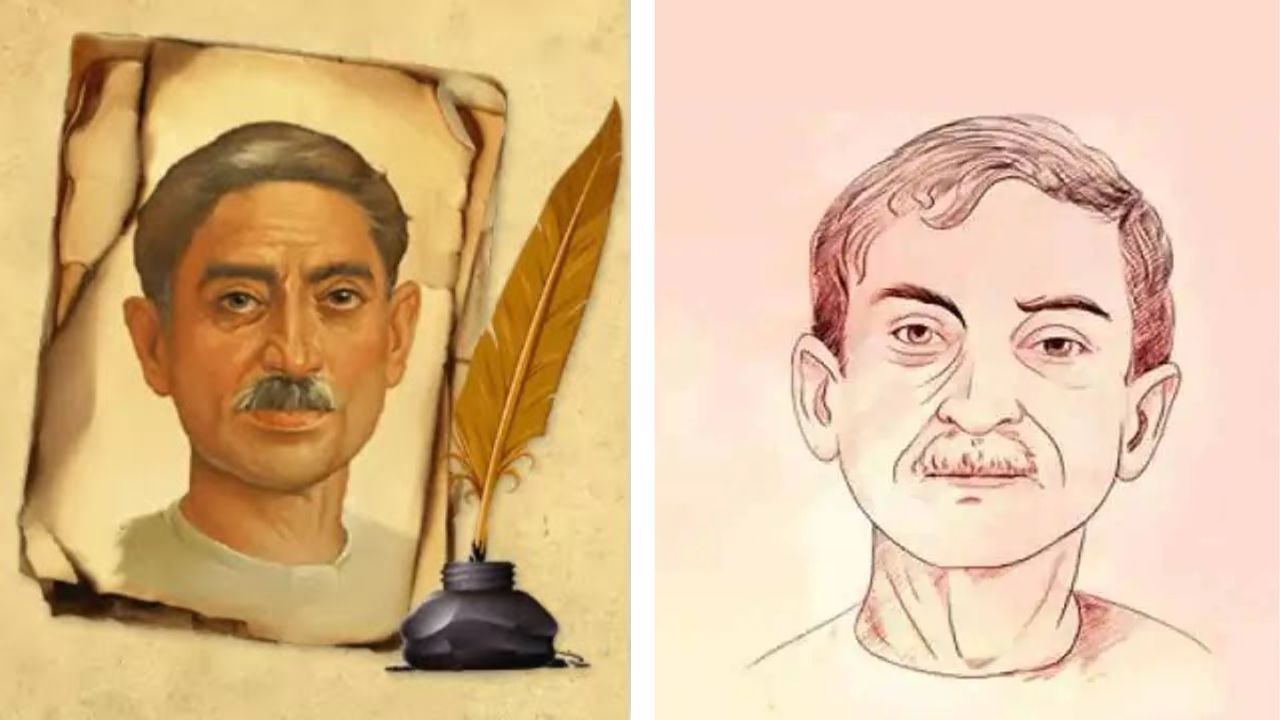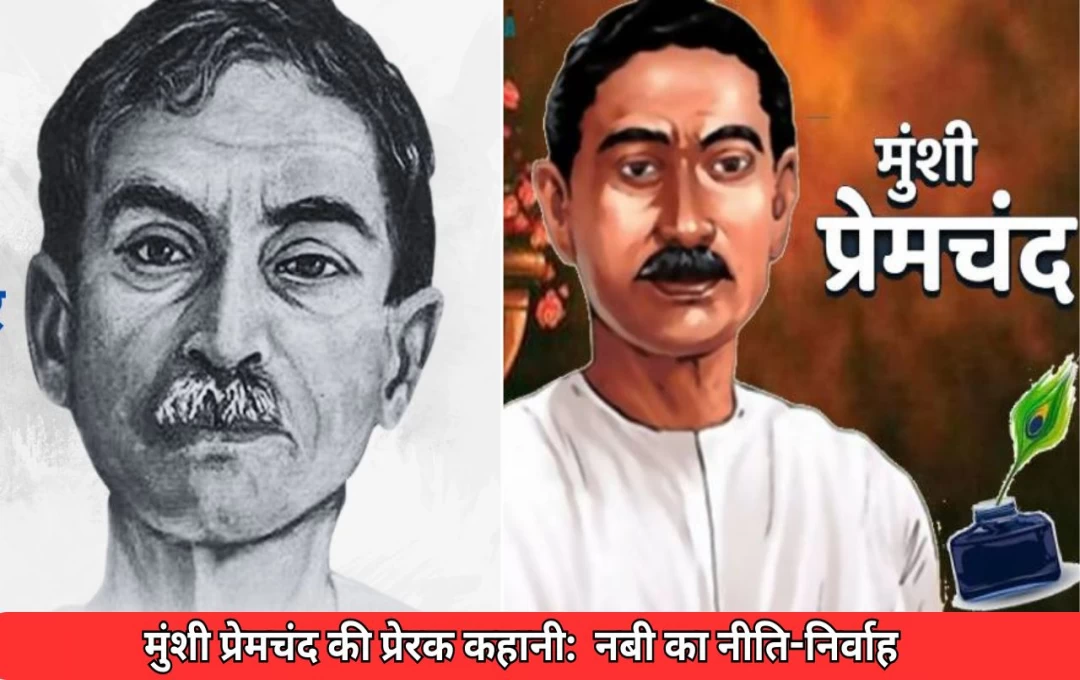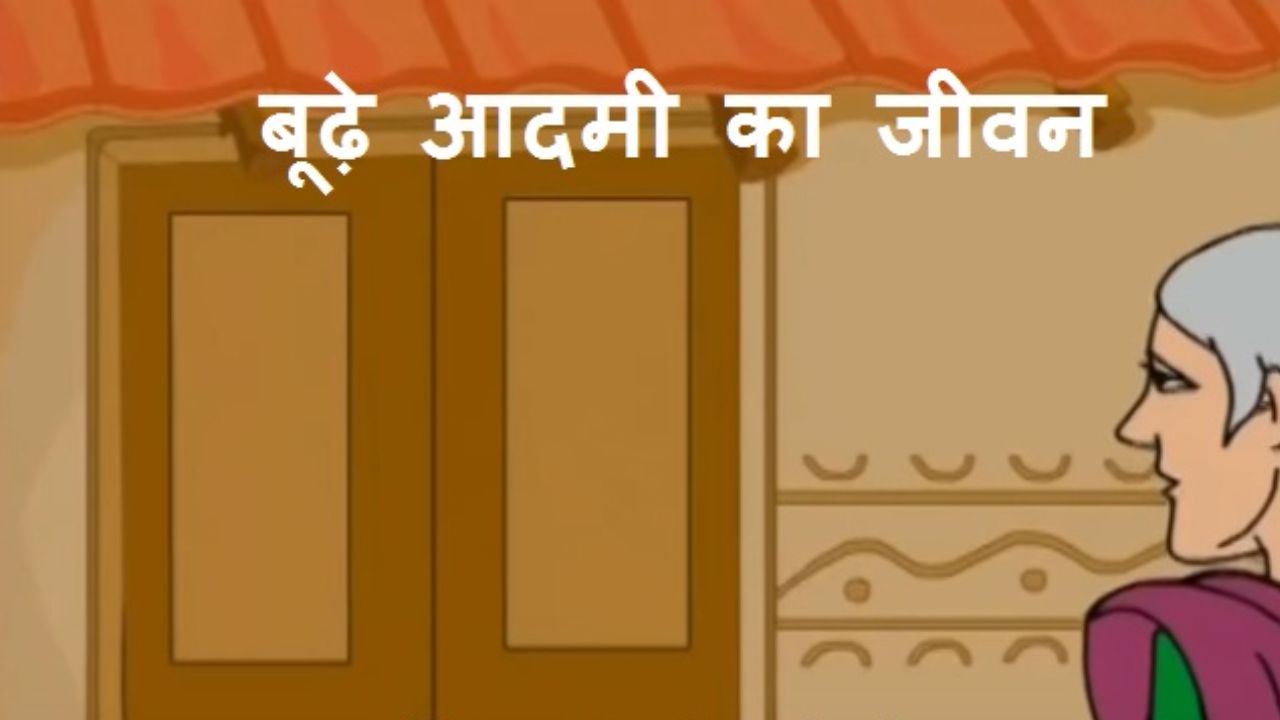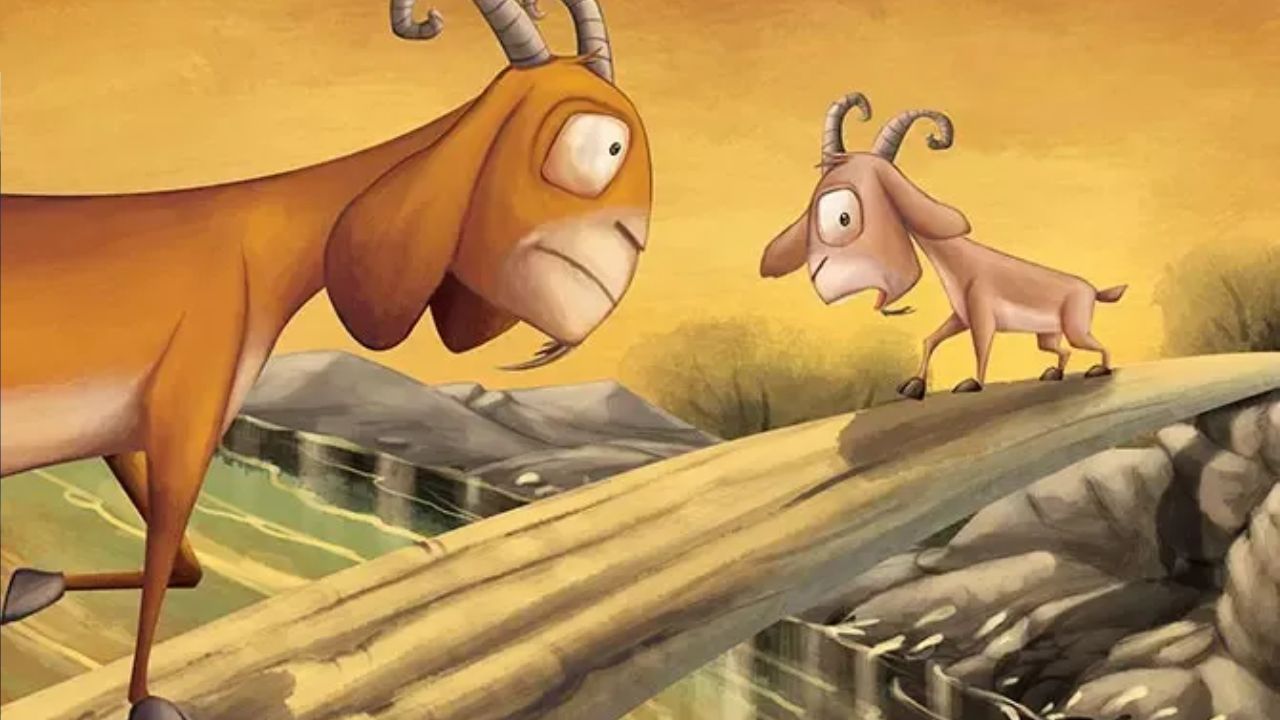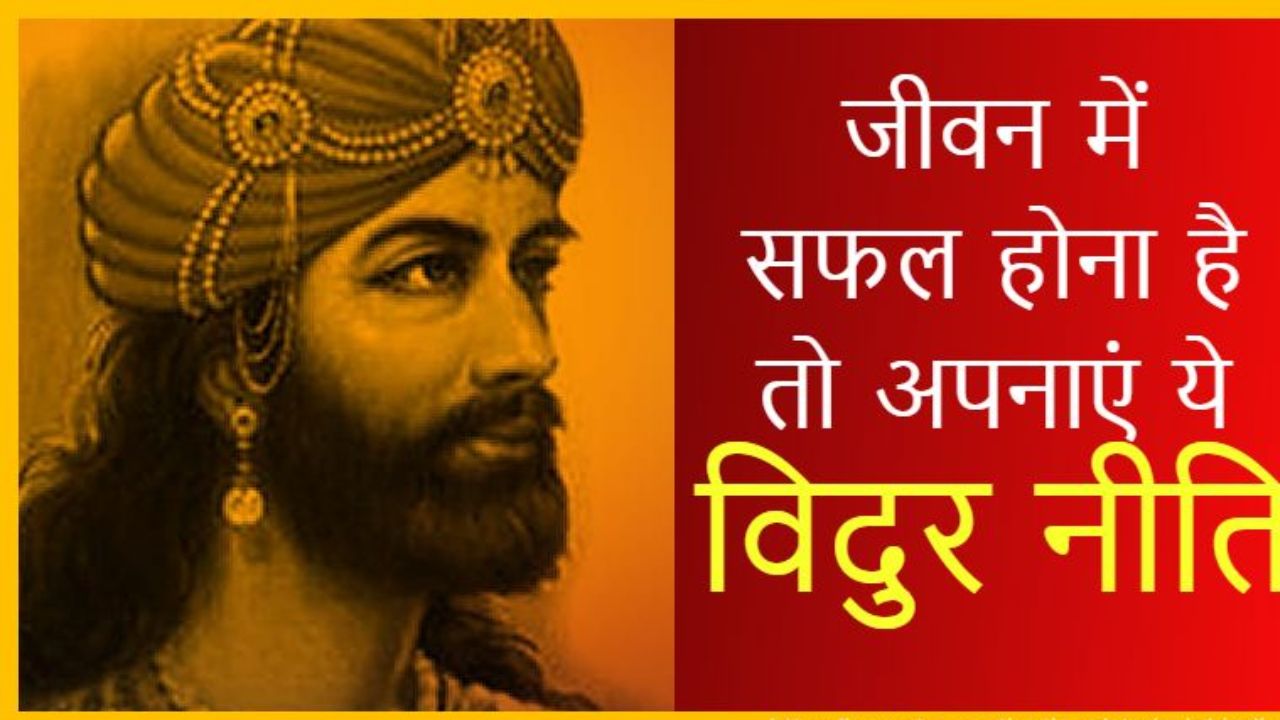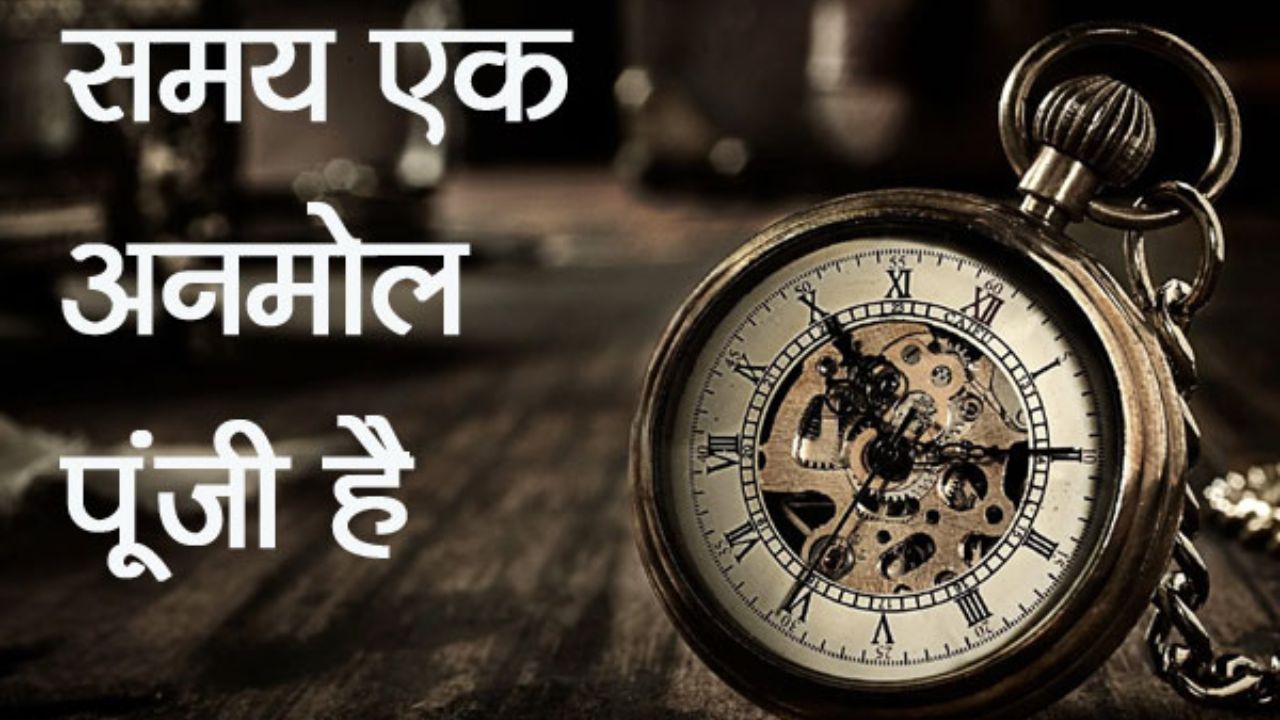Munshi Premchand's Priceless Story: Illusion
For centuries, our nation has been a birthplace and a crucible for great figures—rishis, munis, poets, writers, musicians, and countless others. Their creations, numbering in the thousands, are invaluable treasures.
Today's youth, immersed in the digital age, seem to be losing touch with these cultural legacies, drifting further from the precious heritage of our ancestors. subkuz.com strives to bridge this gap, connecting you not only with these invaluable treasures, but also with engaging stories, news, and insights from across the world.
Presented here is one such exquisite story by Munshi Premchand, titled:
* Illusion
After Vrjarani's departure, Suwama's home felt desolate, as though a caged bird had flown free. She was the hearth and soul of this house. The house remained, but a pervasive sadness hung heavy in the air. The inhabitants remained, yet their faces wore a pallor, their eyes devoid of their former brightness. The garden remained, but autumn had arrived. A month after her departure, Munshi Sanjeevanlal too, embarked on a pilgrimage. He relinquished all his wealth and possessions, dedicating them to his spiritual journey. He carried only his sacred texts—the deer skin, the Bhagavad Gita, and a few other books—with him, leaving behind everything else.
Pratapchandra's yearning for love was intense, yet he possessed an equally b resolve to control it. Every object in the house served as a poignant reminder of his lost love. The thought wouldn't leave him: If Vrjan had remained, how different his life would have been. Yet, he forced himself to detach from these thoughts. He would sit down to study, but the book would remain open, his mind elsewhere. He would sit down to eat, but Vrjan's image would flit before his eyes. His burning passion was suppressed by his self-control, leaving him in a state akin to a chronic patient. Lovers, whether or not their desires are fulfilled, still find joy in the mental realm, conversing with their beloveds in their minds, parting, quarreling, and reconciling. These narratives bring satisfaction and fill their minds with a pleasurable, imaginative experience. But what would befall these unfortunate lovers if some force prevented them from wandering through this realm of affection, from visualizing their beloved in their minds? Pratapchandra was one of these unfortunates. Surely, if he had willed it, he could have enjoyed the comforting embrace of these emotions. The world of thought is truly delightful; the challenge was in keeping his thoughts of Vrjan pure, untainted by base desires. His upbringing, his association with virtuous and principled people, had instilled in him a reverence for the purity of thoughts, a reverence as high as for moral conduct.
How could he allow Vrjan—whom he had often called a sister and still strives to consider as such—to be the focus of his thoughts, thoughts that, though pure of base desires, are not free from the distorted impulses of the mind, as long as Munshi Sanjeevanlal was around? There was always a little time for knowledge and discourse with him, which brought satisfaction to the soul. But with his departure, this opportunity for self-improvement vanished too.
Suwama, noticing his troubled state, felt compassion for him. One day, she said, "If your mind isn't at ease, travel to Prayagraj; perhaps it will rejuvenate you." This thought had crossed his mind on numerous occasions, but the fear of leaving his mother alone held him back. His mother's words, however, firmly resolved his wavering intention. He began making preparations for the journey, and the date for his departure was set. Now, Suwama, in her maternal role, was providing Pratapchandra with advice for his travels. "Son, do not quarrel with anyone. While you don't have a quarrelsome nature, still it is prudent to be cautious. Be mindful of your surroundings; conduct yourself with discretion. Avoid excess in your eating and drinking. You have the bad habit of sleeping early in the winter, no matter who calls you. If you maintain this habit in foreign lands, how will you eat supper at night? Take short naps during the day." "Your eyes don't seem to need sleep during the day," she reminded him.
When he had some free time, she would give him such timely advice. The day of departure finally arrived. The train was scheduled to leave at ten o'clock in the morning. Pratapchandra thought, "I must meet Vrjan one last time before leaving. Who knows when I will see her again." He was deeply moved. He spoke to his mother. Suwama was delighted. She placed some modaks, samosas, and a few varieties of preserves in a tray and gave it to Radha, instructing her to take it to Lallu. Pratapchandra arranged his hair and changed clothes. He set out, but with every step, his spirits faltered. His mind was filled with anxieties. Vrjan, he wondered, what would she think of this encounter? How would she understand his sudden return? Four months had passed, and not a single letter had arrived from her. How could I expect that meeting her would bring her happiness? Indeed, now what concern does she have for you? Even if you were to die, she wouldn't shed a tear. It was a different matter here; she would certainly notice his arrival. He worried that she might misconstrue his visit as an attempt to manipulate her feelings. These doubts and anxieties consumed him, until he saw Shyamacharan's house, right before him. When he saw Kamla Maidan, he was as nervous as a thief who'd spotted a guard. He quickly hid behind a building and addressed Radha: "Go, bring these items. I'm going to the market on some business. I will return later." Saying so, he walked towards the market. He hadn't taken more than ten steps when he called for Mahari and said, "I may be delayed, so I may not be able to come back. If anyone inquires, please hand this letter over. " He took out a pencil from his pocket, wrote a few lines, and gave it to her, revealing his emotional turmoil.
(Content continues in subsequent sections due to token limit.)